How Do Batteries In Parallel Connect?
When batteries are connected in parallel, the voltage remains the same but the capacity (amp-hours) increases. Thus, in the case of four 12V 100Ah lithium batteries:
- Voltage: Remains 12V (the same as each individual battery).
- Capacity: The total capacity becomes 400Ah (100Ah x 4), allowing for more energy storage.
Simply put, connecting batteries in parallel increases the available energy, which extends the time that devices powered by the system can remain functional.
How to Calculate Battery Life for a Parallel 12V 100Ah System?
To find out how long four 12V 100Ah lithium batteries last, you have to know the power consumption of the device you're powering. The basic formula for calculating runtime:
$\text{Runtime (hours)} = \frac{\text{Total Capacity (Ah)}}{\text{Current Draw (A)}}$
Let us go through each step one at a time.
Find the current of the device:
If for example we have a device of 200W, current consumption can be calculated to be:
$\text{Current Draw (A)} = \frac{\text{Power (W)}}{\text{Voltage (V)}} = \frac{200W}{12V} = 16.67A $
Runtime Calculation:
To drive a 200W appliance connected to a battery bank of total capacity 400Ah; from four 12V 100Ah batteries, runtime would be:
$\text{Runtime} = \frac{400Ah}{16.67A} \approx 24 \text{ hours}$
Thus four batteries only could run a 200W load for almost 24 hours under all ideal conditions.
How Load Affects Battery Runtime
If you guessed already, the only reason or the density of the load (that is, the energy consumption of your appliances) plays a major part in determining the life of the batteries. Just to give you an example, say:
For a 500W load, like a small air conditioner or a microwave oven; this is the current draw:
- $\text{Current Draw (A)} = \frac{500W}{12V} = 41.67A$
Then using this same formula:
- $\text{Runtime} = \frac{400Ah}{41.67A} \approx 9.6 \text{ hours}$
So, from above, a 500W load would consume energy from the batteries for around 9.6 hours.
Factors That Affect Battery Life
Apart from this straightforward calculation, there are other things that have a bearing on how long your batteries will last:
1. Depth of Discharge (DoD)
Depth of Discharge (DoD): As far as discharges are concerned, most lithium batteries have their recommended DoD. This is the percentage of battery use before a recharge is recommended. Generally, this is considered to be around 80% safe Discharge for Lithium Batteries. Discharging beyond this may reduce the lifespan of the battery.
For example, 80% of the 400 Ah capacity are being used, then:
Effective Capacity=400Ah×80%=320Ah
2. Temperature
Temperature plays a key role as an environment factor for battery performance. Batteries reduced in temperature can be capacity-reducing and runtime-reducing. In frigid environments (0°C and below), the available capacity is decreased, so shorter running time results.
For example:
- At 25°C, one gets the whole 320Ah usable capacity.
- At 0°C, usable capacity could fall to 256Ah, which would limit running time.
3. Battery Age and Condition
Declining Batteries For all batteries fail at some point. As the battery ages, its health will determine its ability to hold a charge and, eventually, reduction in runtime, which is why it is vital to regularly check batteries' health and replace them if necessary.
4. Battery Management System (BMS)
The BMS helps in managing the battery activities of charging and discharging, yet having such a system may release a small amount of power, affecting operation slightly. For example, when a BMS draws 1A, the runtime in operation for 20A would be slightly less than that with no BMS power depletion.
Example Scenarios
Camping: Running a 200W fan and lights (16.67A) should give one about 24 hours of use with this battery setup.
RV: Approximately 9.6 hours on batteries for a refrigerator (500W) plus lights (41.67A) in an RV configuration.
Off-grid Solar System: If you have a small solar-powered cabin that needs 20A for lighting plus basic appliances, you might expect an equivalent of about 16 hours before needing to recharge.
How to prolong battery life for lithium batteries
Below are a few small points which would increase and make very much long-lasting, perhaps longer than its preset life:
- Take care of loads: Operate equipment that draws less energy, avoid heavy machinery, equipment or appliances that suck hard on power whenever not needed.
- Deep-discharge your battery: It should be within its 20-to-80 charges. Such by using Solar charge controllers or battery monitors, can be handled.
- Controlling Temperature: Keep batteries in a temperature-controlled environment, away from high heat and from cold that could cause losses in capacity.
- Routine Maintenance: Administer inspection on the state of your battery, and at the point of beginning to show serious degradation replace it.
This would indeed help in understanding how these calculations are derived, optimizing the battery use, making it perform far better than anybody could have imagined, and of course have a longer life from the set of four 12V 100Ah lithium batteries. Be it just running a small fan or a huge refrigerator, keeping a constant eye on your load, temperature, and depth of discharge makes a world of difference when it comes to the battery's lifetime.

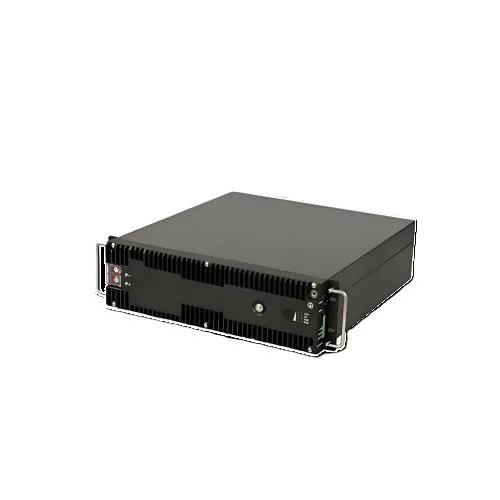
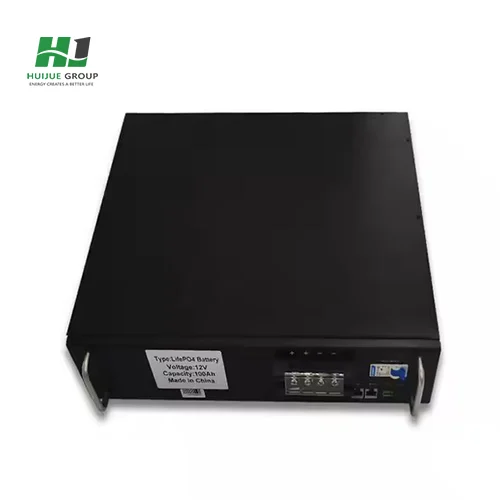
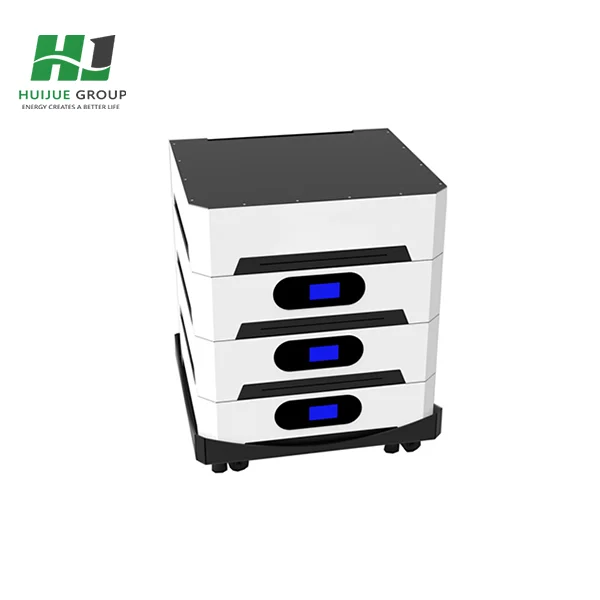
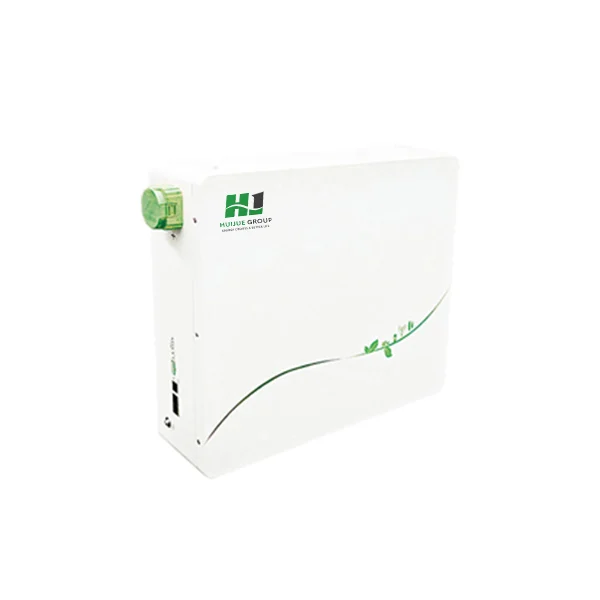

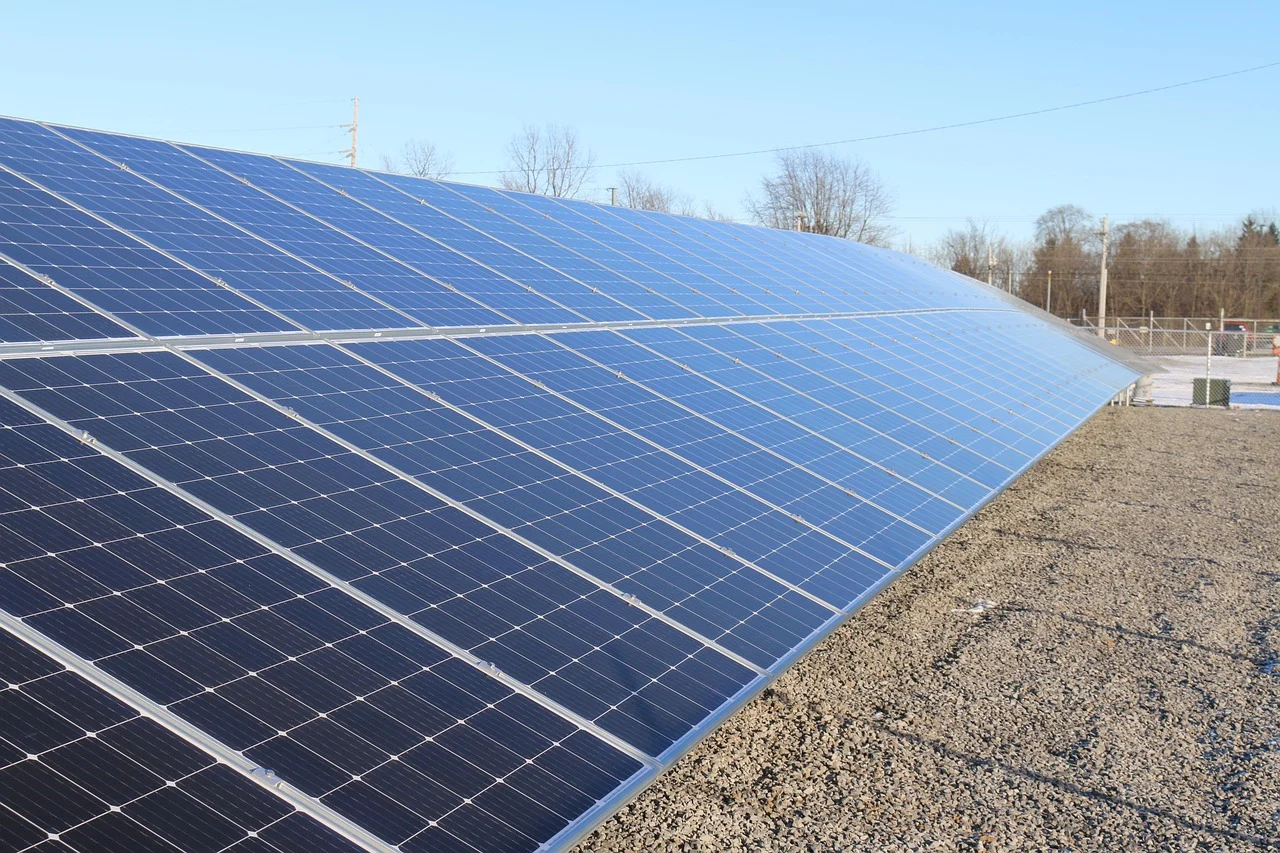
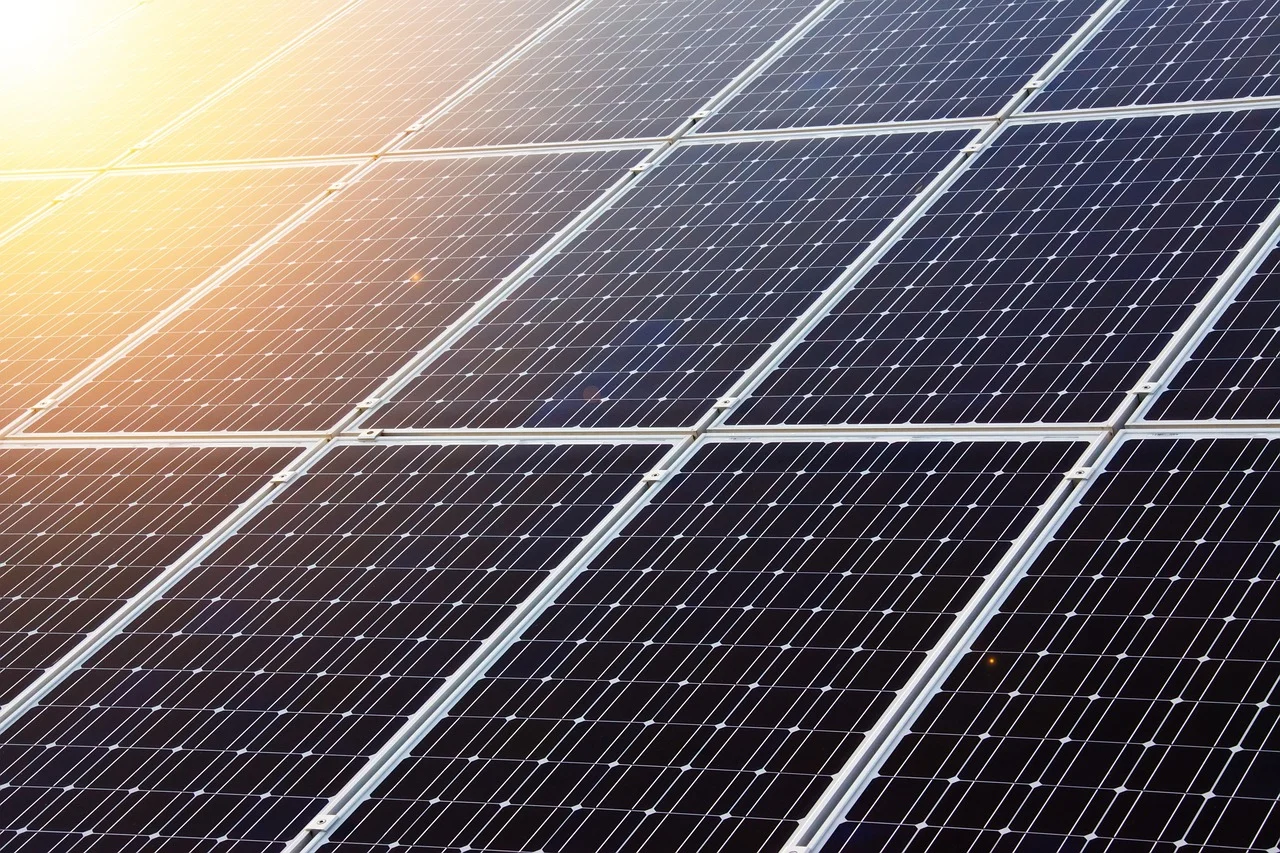

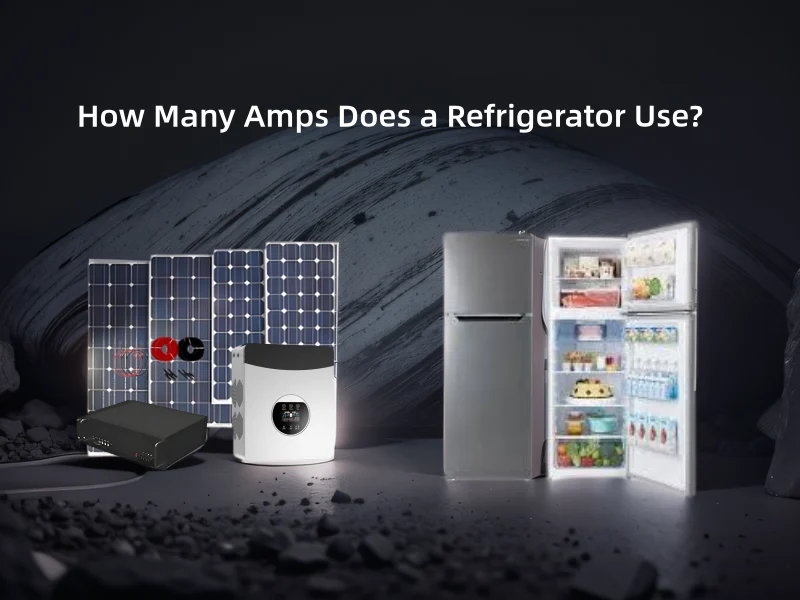
 Afrikaans
Afrikaans Albanian
Albanian Amharic
Amharic Arabic
Arabic Armenian
Armenian Azerbaijani
Azerbaijani Basque
Basque Belarusian
Belarusian Bengali
Bengali Bosnian
Bosnian Bulgarian
Bulgarian Catalan
Catalan Cebuano
Cebuano Chichewa
Chichewa Chinese (Simplified)
Chinese (Simplified) Chinese (Traditional)
Chinese (Traditional) Corsican
Corsican Croatian
Croatian Czech
Czech Danish
Danish Dutch
Dutch English
English Esperanto
Esperanto Estonian
Estonian Filipino
Filipino Finnish
Finnish French
French Frisian
Frisian Galician
Galician Georgian
Georgian German
German Greek
Greek Gujarati
Gujarati Haitian Creole
Haitian Creole Hausa
Hausa Hawaiian
Hawaiian Hebrew
Hebrew Hindi
Hindi Hmong
Hmong Hungarian
Hungarian Icelandic
Icelandic Igbo
Igbo Indonesian
Indonesian Irish
Irish Italian
Italian Japanese
Japanese Javanese
Javanese Kannada
Kannada Kazakh
Kazakh Khmer
Khmer Korean
Korean Kurdish (Kurmanji)
Kurdish (Kurmanji) Kyrgyz
Kyrgyz Lao
Lao Latin
Latin Latvian
Latvian Lithuanian
Lithuanian Luxembourgish
Luxembourgish Macedonian
Macedonian Malagasy
Malagasy Malay
Malay Malayalam
Malayalam Maltese
Maltese Maori
Maori Marathi
Marathi Mongolian
Mongolian Myanmar (Burmese)
Myanmar (Burmese) Nepali
Nepali Norwegian
Norwegian Pashto
Pashto Persian
Persian Polish
Polish Portuguese
Portuguese Punjabi
Punjabi Romanian
Romanian Russian
Russian Samoan
Samoan Scottish Gaelic
Scottish Gaelic Serbian
Serbian Sesotho
Sesotho Shona
Shona Sindhi
Sindhi Sinhala
Sinhala Slovak
Slovak Slovenian
Slovenian Somali
Somali Spanish
Spanish Sundanese
Sundanese Swahili
Swahili Swedish
Swedish Tajik
Tajik Tamil
Tamil Telugu
Telugu Thai
Thai Turkish
Turkish Ukrainian
Ukrainian Urdu
Urdu Uzbek
Uzbek Vietnamese
Vietnamese Welsh
Welsh Xhosa
Xhosa Yiddish
Yiddish Yoruba
Yoruba Zulu
Zulu